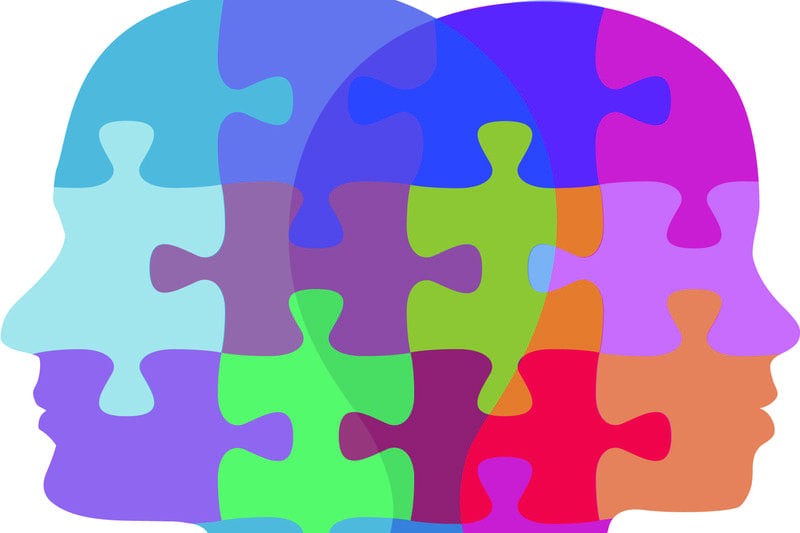Many theorists identify that we, as people, all have different parts within us; Archetypes, Ego States, ‘Parts’. Freud identified these as the Id, the Ego and the SuperEgo. Jung identified our ‘Shadow’. Transactional Analysis identifies them as the Child, the Parent and the Adult. I’m doing more study at the moment using the foundations of a Warrior, a Settler and a Nomad. Other theories identify these as subpersonalities.
For me, I’ve always been drawn to the idea of the Inner Child, both personally and professionally. It’s a concept that connects deeply to me. That understanding, allows the idea of parts, in any respect, to connect deeply with me, which is, I think, why I do a lot of work with clients using these ideas about parts of us. It is all created by the client though, I am just aware when people I am with identify those conflicts within them.
Different parts of us, within us, often becomes relevant in therapy. It might be ‘it’s like I’ve got an angry teenager inside me’ or ‘part of me wants to stop drinking’ or ‘part of me is so scared to go out’ or ‘I feel like I’m five’ or ‘something is holding me back’. Conflicts between or within the parts of us, can cause conflict in our life. Some people have parts with specific identities, or maybe different names.
When I work with someone who may say something like this, or who may identify a part of themselves spontaneously, we work to explore this part and learn as much as possible. There is a reason for the part having the challenge it does, and holding or causing the conflict it does, and learning and understanding and working through it can help to resolve whatever the conflict is. It also lends itself well to working with the imagery and symbolism I mentioned in yesterday’s post.
How much of this resonates with you? Are you aware of times you have said something similar to one of those statements? Or are you aware of a conflict where part of you wants something and part of you doesn’t? Are there times when you’re more childlike? What areas of your life do you feel these parts impact on? Is it a conflict that would make things better for you, if it was resolved?
Working with these conflicts and the parts that are struggling with something, and working to ease the conflicts within someone can bring around astounding changes. It can help someone work through trauma, anxiety, phobias, relationship issues, attachment issues, addictions, depression, anger issues and so very much more, including some of the deep and complex mental health problems that people struggle with.




